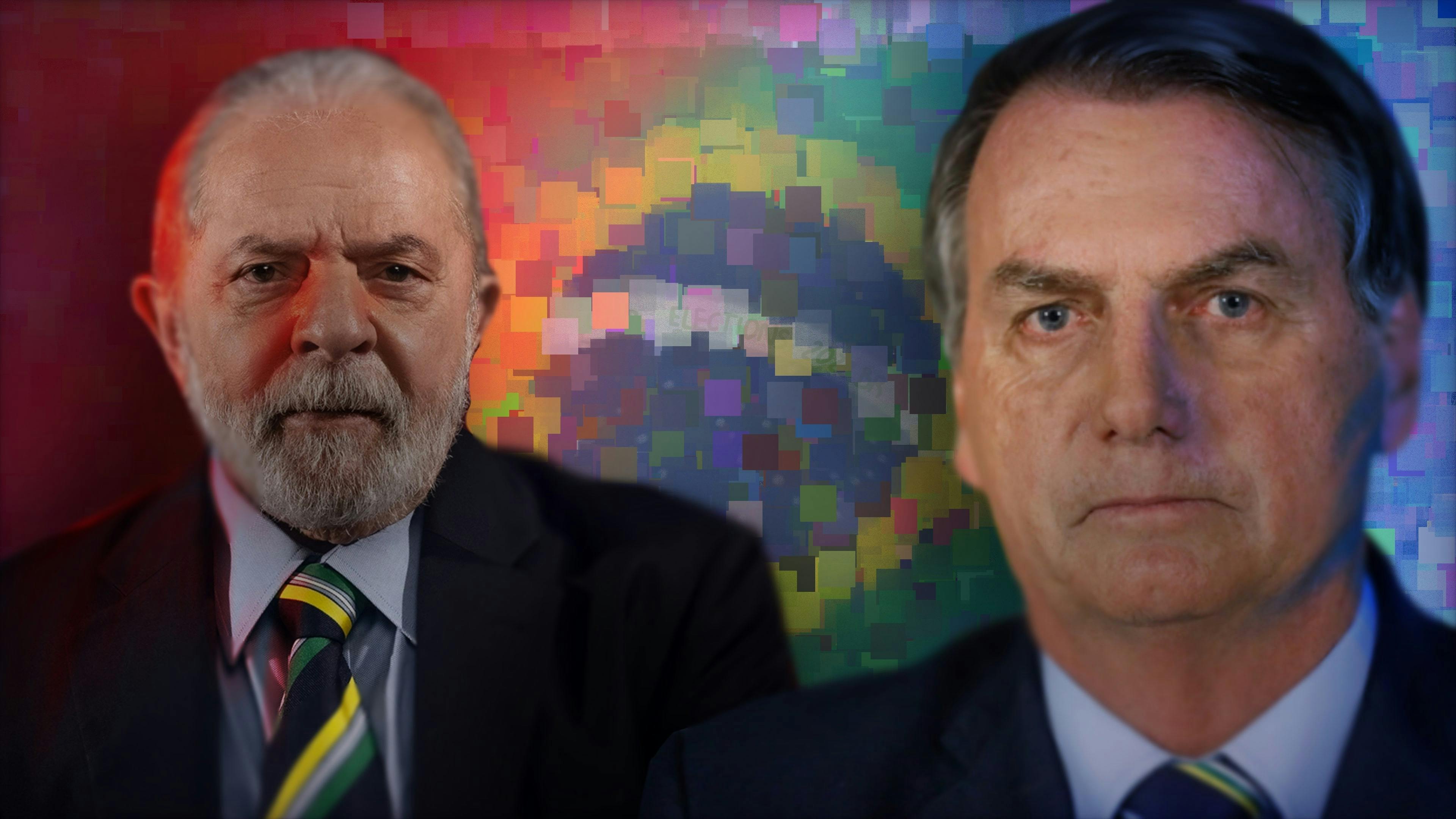
The Brazilian candidates, Jair Bolsonaro of the right wing and Luiz Inácio Lula da Silva from the left wing, competed in a classic political struggle for power, in which Silva emerged victorious.
On October 30, 2022, Luiz Inácio Lula da Silva won the election to the surprise of some and the elation of others. Shortly after many world leaders, including President Biden, congratulated Lula on his win. For the people of Brazil, time can only be the judge of what Lula’s presidency will be.
On October 2, 2022, Brazil held its presidential election, with Jair Bolsonaro and Luiz Inácio Lula da Silva as the leading candidates. Bolsonaro is from the far-right and belongs to the Liberal Party, while Lula is a Leftist who belongs to the Worker’s Party. Bolsonaro was looking for re-election as the incumbent, and Lula was looking to return to the presidency after his second term in 2006.
After the count ended, it was announced that neither Bolsanaro nor Lula got the over 50% required to win, and would go to a run-off held on October 30, with Lula getting 48.4% and Bolsonaro getting 43.2% of the vote respectively.
In the months leading up to the election, polls have been saying that Bolsonaro was going to lose, potentially even in the first round as most polls gave Lula a 10-15 point lead. However, Bolsonaro was also saying that the polls underestimated his support despite every credible poll placing him behind Lula.
This inaccuracy has caused some Brazilians to question the legitimacy of the polling companies. One woman who was interviewed in Rio de Janeiro's Lagoa neighborhood was outraged at the misinterpretation and went on to say that “the polling companies have zero credibility.” Despite doubt from polls, the result of Bolsonaro's remaining in the race caused Brazilian markets to have increased activity for stocks of state-controlled companies that would have been subject to change based on one of Bolsonaro’s campaign pledges.
In preparation for the second round, Mr. Bolsonaro and Mr. Lula debated on October 17. In it, both took shots at each other, with Lula’s main criticisms being Bolsonaro’s mismanagement during the Covid pandemic and increased deforestation of the Amazon rainforest. Echoing the global reaction to Bolsonaro’s failure in regard to Covid containment measures and vaccination efforts, Lula said to Bolsonaro, “The fact is that your negligence ensured that 680,000 people died – more than half of whom could have been saved.” He went on the say that no other government in history has neglected death or a pandemic as he did, citing Bolsonaro’s statement of coronavirus being “a little flu” and how he was not vaccinated. Lula then moved on to his opponent’s disregard for the Amazon, where he vowed to create a ministry for native peoples and outlaw the “invasion of Indigenous land and illegal mining” if elected.
In response, Bolsonaro called Lula a “national embarrassment” and how he is “the most shameless liar that exists.” This is referring to Lula’s past history of arrest for corruption charges and corruption scandals that his party was connected to in their 14 years in power when Lula was president. Bolsonaro also accused Lula of close ties with leftist autocrats Daniel Ortega of Nicaragua and Nicolas Maduro of Venezuela. Lula rejected these accusations and refuted them by stating Bolsonaro was the actual threat to Brazil’s democracy, having celebrated dictators like Chile’s Augusto Pinochet.
In regards to any campaign pledges for undecided voters, in an event held in Sao Paulo on August 9, Jair Bolsonaro stated that one of his campaign pledges was the divestment and privatization of companies currently owned by the state such as Petrobras and Banco do Brasil. Bolsonaro said this is part of a move to reorganize the state’s role in the Brazilian economy, where the state would be free to focus on essential activities and promoting Brazil’s economic, social, and sustainable development. While not mentioned in Bolsonaro’s speech, this could have included the privatization of the oil company Petrobras.
In contrast, Lula has spoken on multiple occasions of his opposition to the privatization of Petrobras. In fact, his advisers also recommend increasing Petrobras’ refining capacity by among other measures, reversing refinery privatizations. On October 12, Lula went to talk in Rio de Janeiro in the Complexo do Alemão to thousands of activists and favela residents hoping to end Bolsonaro’s term after Covid killed almost 700,000 people and led to poverty for millions of Brazilians. There, he proclaimed his confidence in him winning the second round, and how he ran for president again only because he believes that positive change can be achieved. Favela leaders who have addressed Lula also say they would be hoping for the implementation of better education and healthcare along with ending government neglect to police violence against hundreds of mainly black lives this past year. Lula increased his campaigning in Rio because that is where he lost to Bolsonaro 51% to 40.7% in the first round.
Despite Lula’s attempt to turn away from his past history, there are still those who believe that it cannot be forgotten. Peter Wu, a Junior, went as far as to claim that the corruption scandal that ex-president Lula was involved in, Lava Jato, was “the largest corruption scandal in history” and because of it, Brazil has been weakened. Wu also chose to talk about former president Bolsonaro who he believes has been wrongly portrayed by the media because the media is biased.
Wu stated, “To many Brazilians, it’s a battle between two evils and choosing which one is the lesser evil.”